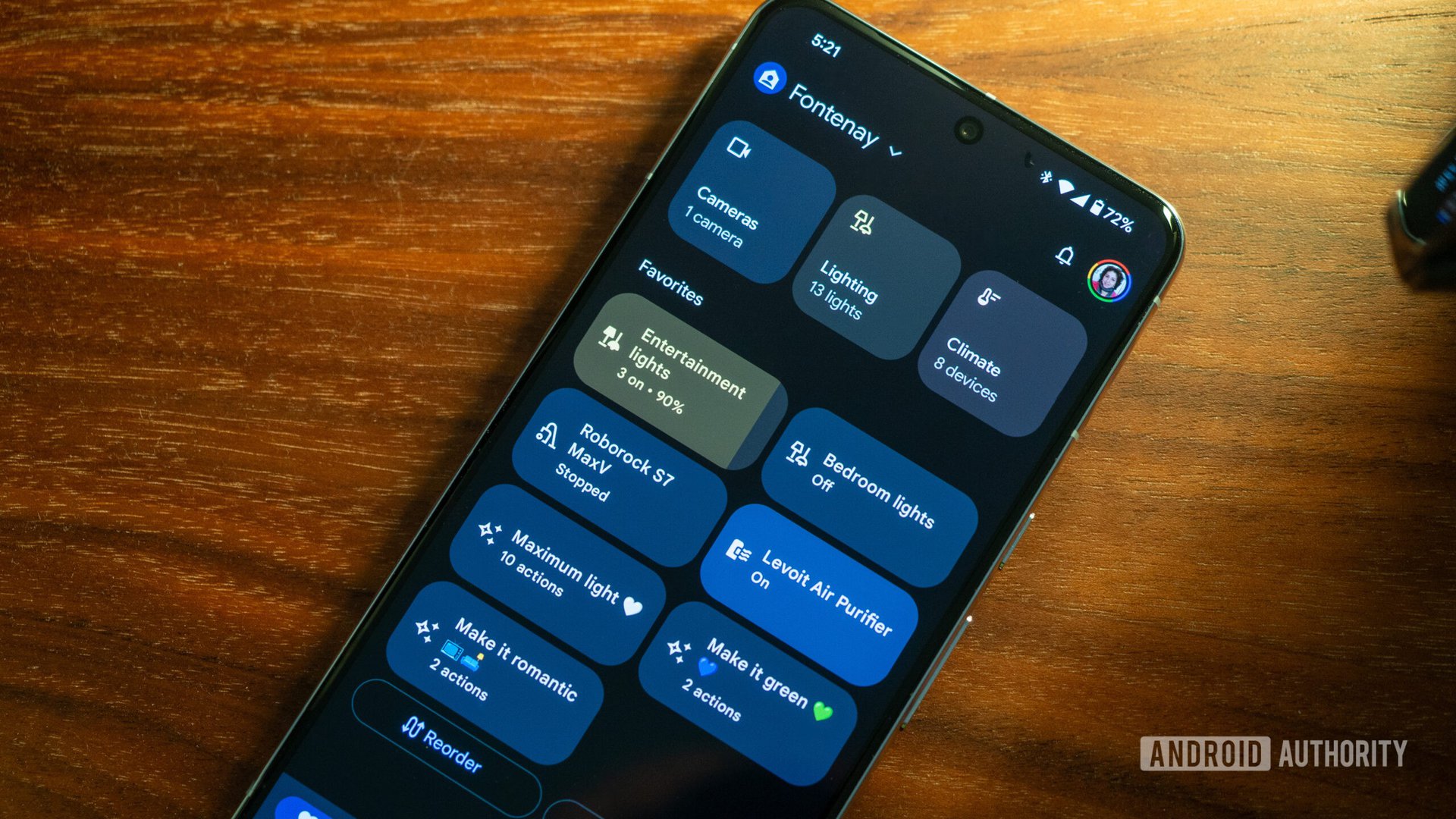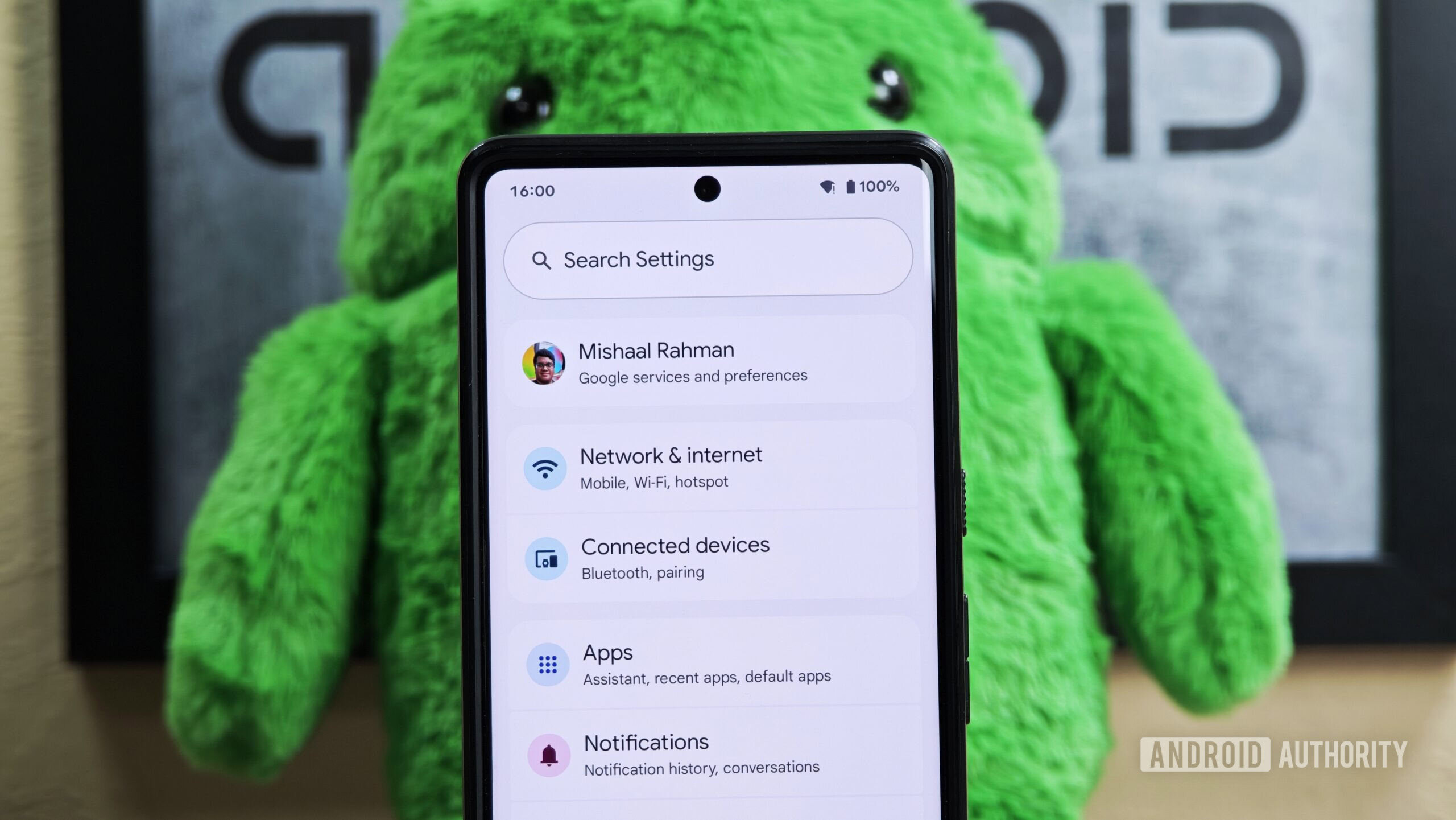Android apps
Refresh your Android device with some new apps. Check out our Android app recommendations and app lists.
Software lists
Features
Guides
How-to's
All the latest
Android apps news
Motorola's Playlist Studio just ruined Spotify's algorithm for me
Ryan Haines24 hours ago
0

I wish Android Auto integrated with my Wear OS smartwatch for safer driving
Andy WalkerMay 4, 2025
0

This essential feature is missing from Pixel Launcher, and I'm tired of it
Andy WalkerMay 3, 2025
0

I used to love CapCut, but it's time to move on
Megan EllisMay 1, 2025
0

20 Facebook Messenger tips and tricks you may not know
Edgar CervantesMay 1, 2025
0

The 15 best camera apps for Android
Joe HindyApril 30, 2025
0

What is Instagram Quiet Mode and how to turn it on or off
Matt HorneApril 30, 2025
0

The best new Android apps and games for May 2025
Andy WalkerApril 30, 2025
0

How I use Trilium Next to take notes across all my devices
Robert TriggsApril 30, 2025
0

I tested Android's new Theft Detection and learned how to properly steal a phone
Nick FernandezApril 30, 2025
0

Samsung doesn't want budget Galaxy phones to use exclusive AI features
Hadlee Simons2 hours ago
0

Skype shuts down today, marking the end of an internet era
Adamya Sharma3 hours ago
0

YouTube is testing a two-person Premium plan to save you money
Aamir Siddiqui3 hours ago
0

Gemini is catching up to ChatGPT with multi-image uploads
Aamir Siddiqui6 hours ago
0

Google Voice brings back three-way calling, but it's not for you
Stephen SchenckMay 2, 2025
0

Google Messages adds one more away to enjoy emoji Screen Effects
Pranob MehrotraMay 2, 2025
0

Google Home is making it easier to find out what's new in the latest update (APK teardown)
Pranob MehrotraMay 2, 2025
0

Expressive theme could extend to Google Services settings, and here's your first look (APK teardown)
Aamir SiddiquiMay 2, 2025
0

Google Photos prepares for Android XR spatial video support (APK teardown)
Stephen SchenckMay 2, 2025
0

Well that was fast: Google Drive's new Gemini-powered file tools are already rolling out
Stephen SchenckMay 1, 2025
0
